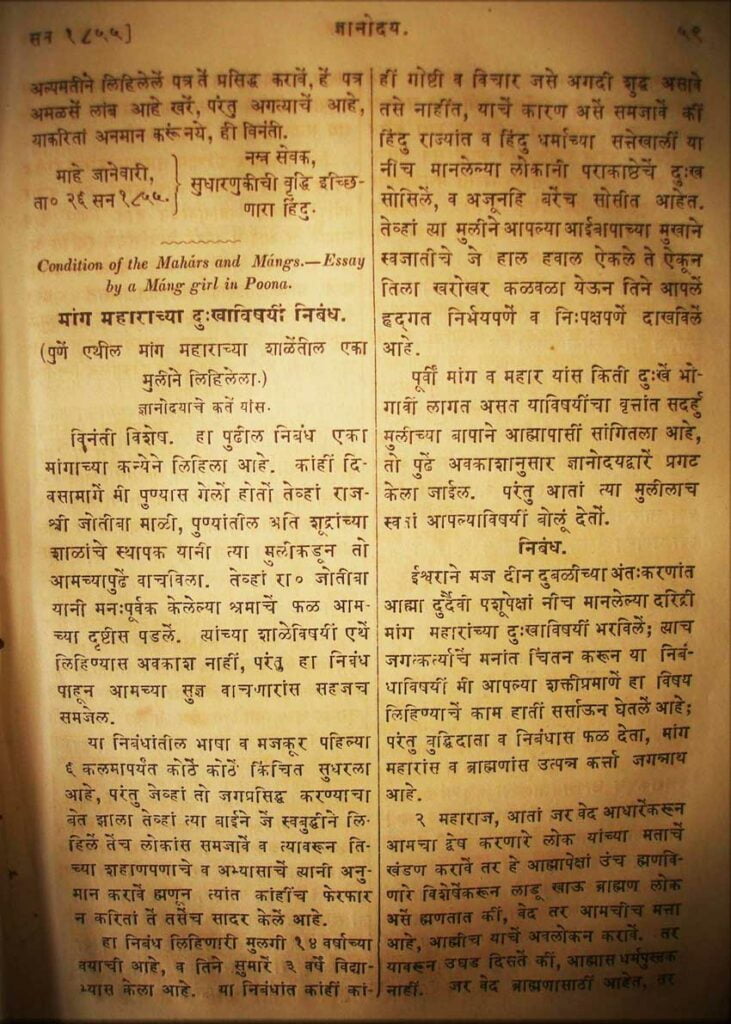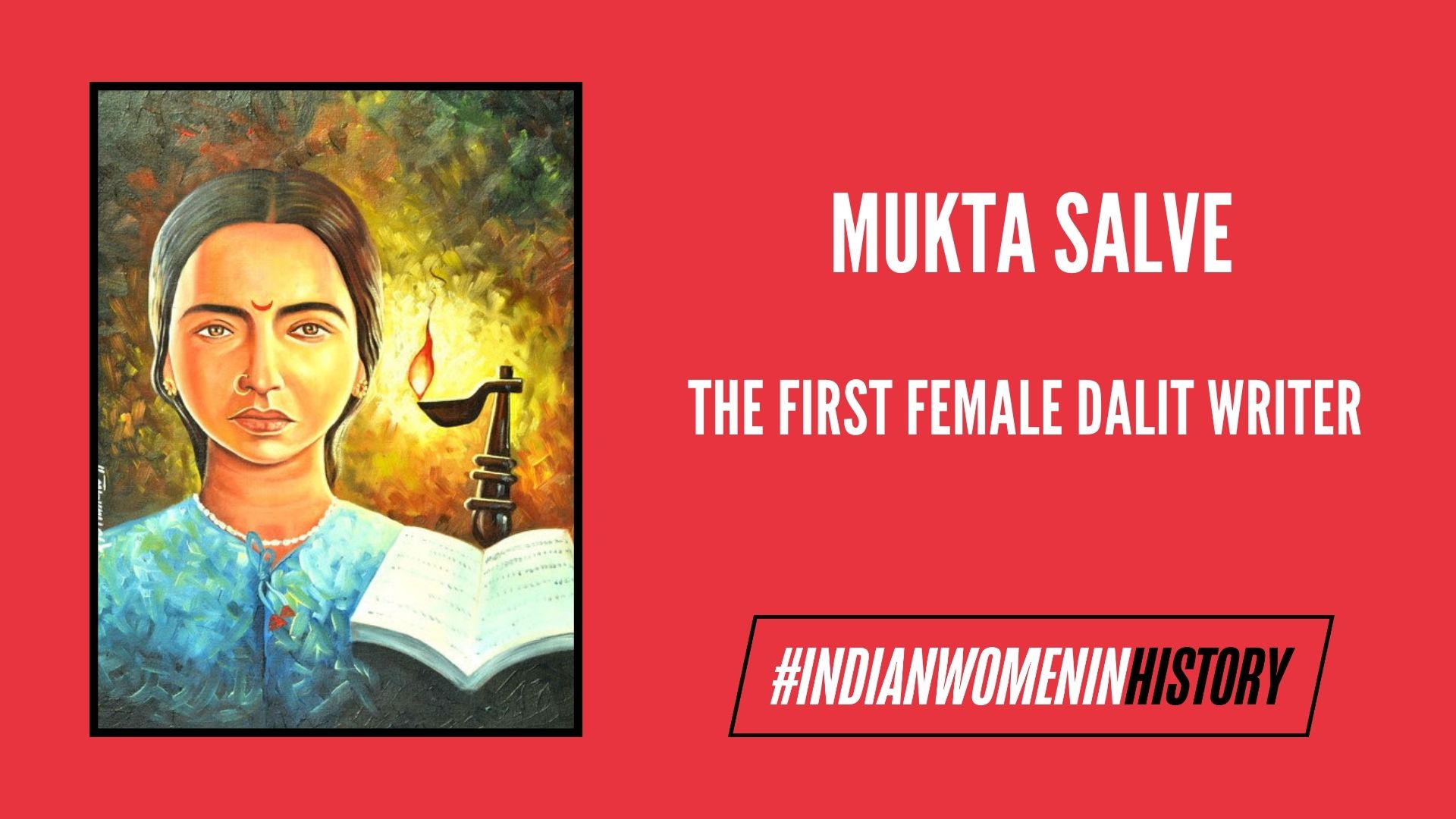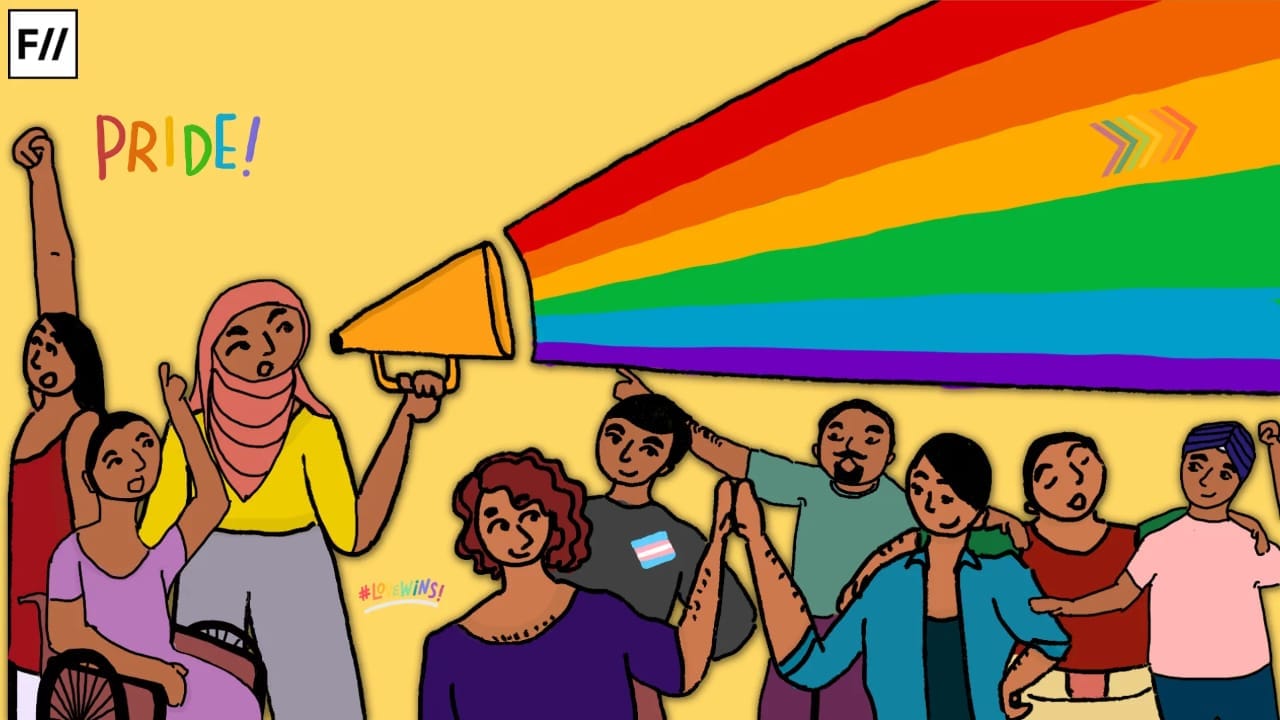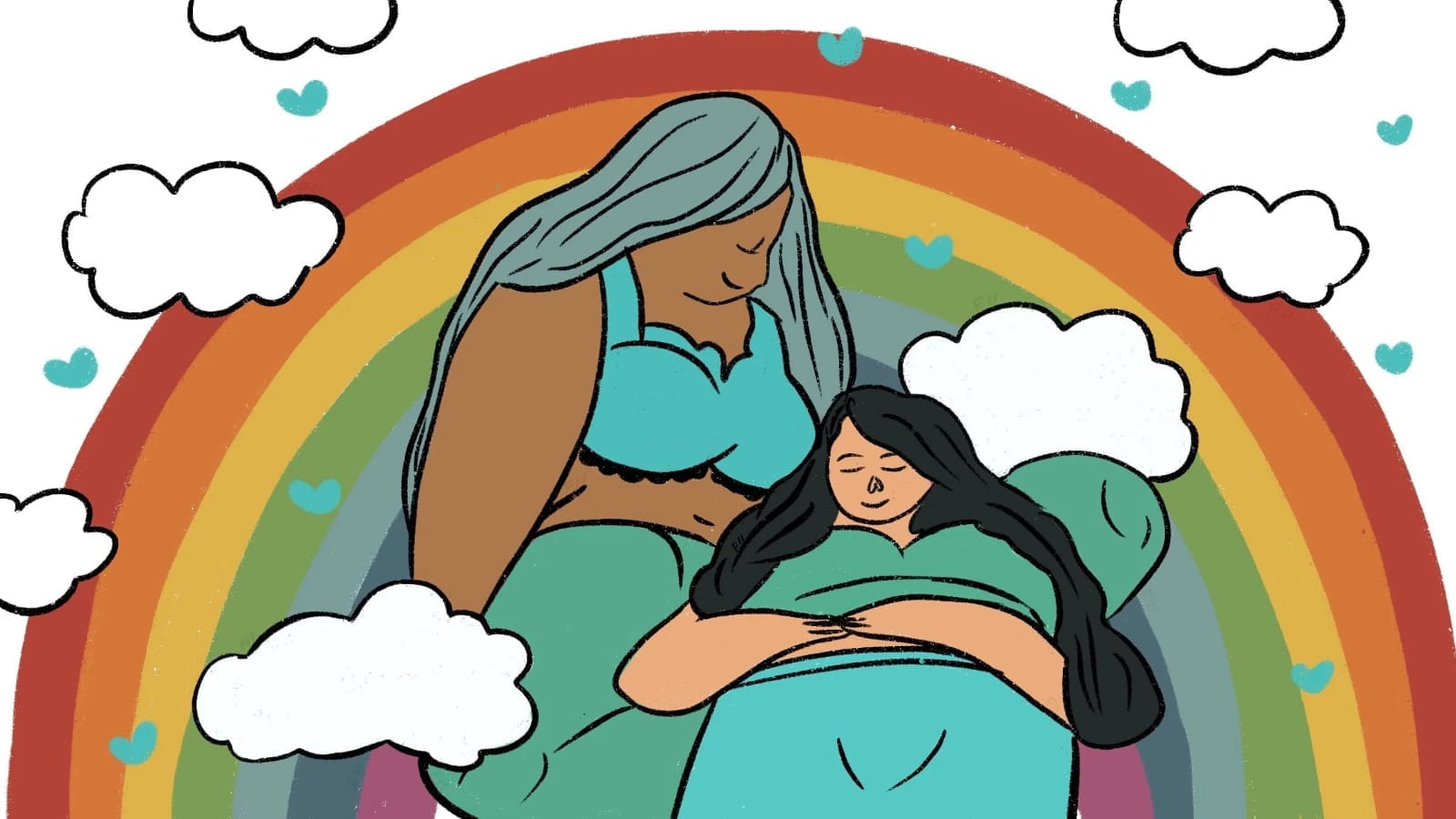The Dalit Movement in India is synonymous with the names of Jyotirao Phule and Dr Babasaheb Ambedkar, the pioneers of a mass awakening against the caste system. But there were other voices, equally strong and effective, that helped to set this movement in motion. One such voice belonged to Mukta Salve.
‘‘O learned pandits, wind up the selfish prattle of your hollow wisdom and listen to what I have to say.”
Mukta Salve was one of the first Dalits to openly question and criticise the discriminatory caste and gender norms of the Indian society in the 19th century. In 1855, she wrote ‘Mang Maharanchya Dukhavisatha (About the Grief of Mahar and Mangs)’ at the mere age of fourteen. This scathing article, translated and published several times, would later become one of the first works of Dalit literature.
Muktabai belonged to the Mang or Matang community, which was considered to be one of the lowest and ritually impure communities within the caste system. She had no access to education until 1852, when Jyotirao Phule and Savitribai Phule started their third girls’ school at Vetal Peth in Pune. These schools were open to women of all castes and communities, and it was here that Muktabai’s education began.

Her Work
“The Brahmins have degraded us so low; they consider people like us even lower than cows and buffaloes.”
After merely three years of schooling, Muktabai wrote her essay ‘About the Grief of Mahar and Mangs’. It highlighted the atrocities committed against the Mahar and Mang communities, such as the seizing of their lands to build huge houses for the upper castes, and the inhuman treatment meted to these communities, especially during the rule of Bajirao Peshwa. It also revealed the vulnerability of Dalit women, who had to endure childbirth without a roof over their head, or a doctor to treat them in case of complications.
She questioned Hinduism, a religion she had no access to, but was expected to follow.
But her work goes far beyond simply documenting the practices prevalent during that time. She questioned the legitimacy of Hinduism, a religion she had no access to, but was expected to follow. She analysed how the upper-caste Brahmins manipulated religion to control the power structure within the society, by depriving the Mangs of food, clothing, shelter, and education. She believed that gaining knowledge could shift these power structures and create a better future for the Dailt communities. And she did all of this after just three years of receiving education herself.
“Oh, the Mahars and Mangs, you are poor and sick. Only the medicine of knowledge will cure and heal you.”
This essay was first published in a Marathi journal named Dnyanodaya in 1855. Incidentally, this was also the year of Jyotirao Phule’s first publication, Tritiya Ratna. A part of the essay was published in N. V. Joshi’s book ‘Description of Pune City’ in 1868. This essay was translated into English and published in Susie Tharu and K. Lalita’s ‘Women Writing in India: 600 B.C. to Present’ in 1991.
This is the only work of Mukta Salve available today. There is hardly any information available on her life or her other works. The beginnings of Dalit literature have been traced back to the 1950s, a full century after Mukta Salve’s work. Some scholars like S. G. Mali and Hari Narake believe that there has been a systematic erasure of female voices, especially those coming from non-Brahmin and Dalit castes. Today her essay is usually quoted in articles about Jyotirao and Savitribai Phule, while Mukta Salve has somehow been lost in history.
There has been a systematic erasure of female voices, especially those coming from non-Brahmin and Dalit castes.
What We Must Remember
“Let that religion, where only one person is privileged, and the rest deprived, vanish from the earth and let it never enter our minds to boast of such a (discriminatory) religion.”
Mukta Salve’s words are as relevant today, as they were in 1855. She believed that education is not limited to literacy. It is a tool to gather knowledge and critically examine the biases and injustices in our own society; whether they are inequalities of race, caste, class, gender or sexual orientation. An open discussion of these issues can not only create a sound educational system, but also a just society.
References
- Mang Maharachya Dukhvisayi (About the grief of the Mangs and the Mahars) by Mukta Salve – Dalit Web
- Mukta Salve: First Voice of Dalit Feminism – Sachin Garud
- Rethinking Education: Voices from the Past, Present and Future – Common Threads





“We’re here to support women’s rights,” “WOMAN’S PLACE IS IN THE RESISTANCE”
anti-Trump inspired, feminist symbol shirt!
Join the resistance!
For requested people, we recently relaunch our inspiration
campaign:https://viralstyle.com/favorite/womans-place-is-in-the-resistance